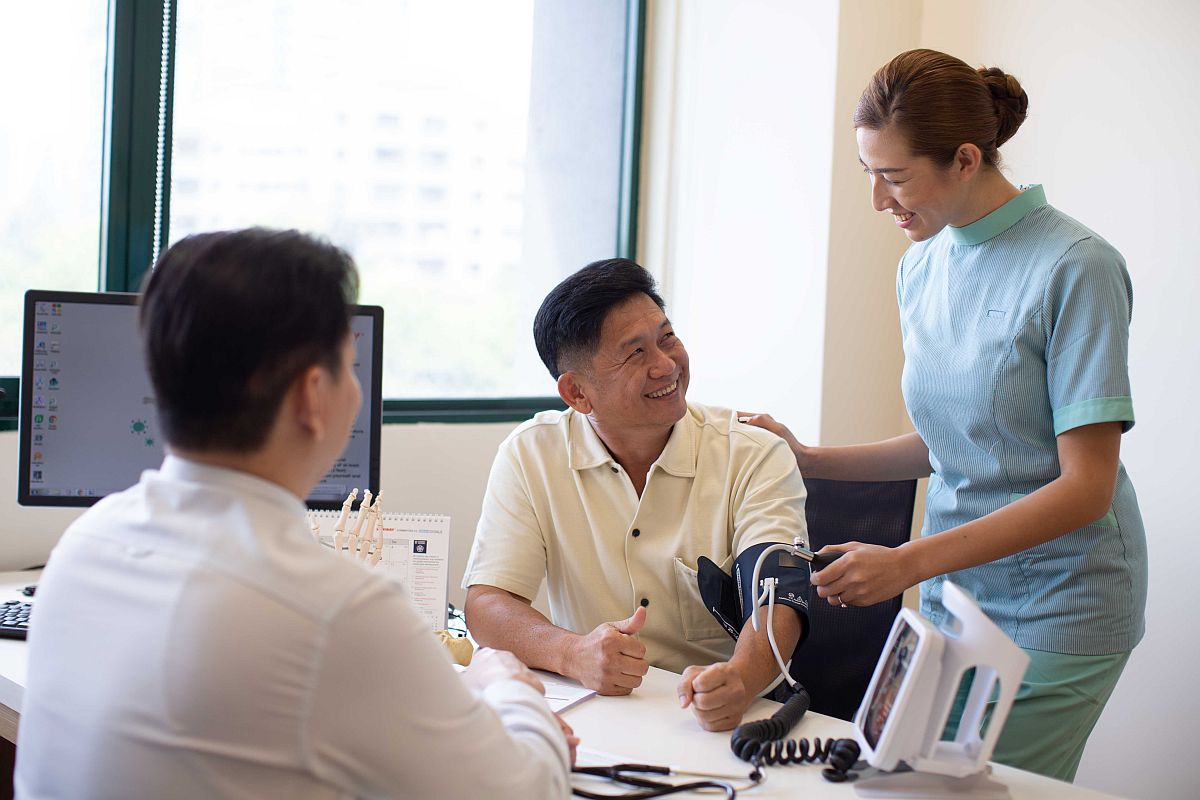Your kidneys, like any other organ, are essential to ensure that your body is functioning at its optimal.
In fact, your kidneys are performing a life-sustaining job of removing waste products and excess fluid from the body.
Every 24 hours, your kidneys are filtering and returning to the bloodstream about 200 quarts of fluid (approximately 189 litres), a process necessary to maintain a stable balance of body chemicals.
It is projected that the number of end stage kidney disease (ESKD) patients on dialysis in Malaysia will hit 106,000 in 2040, hence it is important that kidney health is advocated for all.
Yet, the prevalence of chronic kidney disease among Malaysians have increased from 9.07 per cent in 2011 to 15.48 per cent in 2018, a 70 per cent increase in just a span of seven years.
As the cost of dialysis is extremely expensive, this will further burden the health care and the economy of the country, where there were already 50,150 dialysis patients in 2020.
Dialysis Vs Kidney Transplant
Kidney transplant provides a far superior outcome compared to dialysis. In fact, kidney transplant before the initiation of dialysis (pre-emptive kidney transplant) provides the best outcome and avoids complications arising from chronic dialysis.
Hence, all patients with newly diagnosed ESKD should consider and explore the option of a kidney transplant before opting for long-term dialysis.
“The most obvious advantage of kidney transplantation to the patient and their families is that they no longer need to plan their lives around the patient’s dialysis schedule.
“For those on haemodialysis, this would involve having to spend around four hours at a haemodialysis centre three times a week while those on peritoneal dialysis will need to spend around half an hour, four times a day to do exchanges. Kidney transplant removes the need for this huge time commitment,” shared Dr Wong Hin Seng, consultant nephrologist at Sunway Medical Centre.
“For those who have received a donated kidney, other than leading a healthy lifestyle, they only need to be committed to taking lifelong immunosuppressant medications to ensure that their body does not reject the donated kidney.
“They would also be able to resume their career, continue with their usual social life and even start a family if they wish, which would be very difficult while on dialysis,” he added.
It is important that both patients and donors are aware that the transplanted kidney may not last forever.
Kidneys from a living donor, on the average last between 15 and 20 years and the five-year survival rate for those who undergo a kidney transplant is 90 per cent.
This is far better than dialysis where only about half are still alive after five years on dialysis.
Living And Deceased Donor
Dr Wong believes that it is better for the patient to receive an organ from a living donor who has been evaluated for their suitability and the transplant surgery performed in a planned manner.
Living donors can donate their kidneys to their spouse and their first- or second-degree relative.
A first-degree relative is one’s parent, child, or full sibling, while a second-degree relative is one’s grandparent, grandchild, aunt, uncle, nephew, niece, or half-sibling.
It is also possible for a living donor to donate to a more distant relative, or even a non-family member but approval must be obtained from the Ministry of Health’s (MOH) Unrelated Transplant Approval Committee (UTAC).
Due to the lack of deceased donors in this country, the average waiting time for dialysis patients to receive a kidney from a deceased donor is more than 10 years. The majority of these dialysis patients will succumb to the disease while waiting for the organ.
Furthermore, deceased donors are likely to develop acute kidney injury prior to organ procurement. Hence, kidneys from deceased donors generally do not last as long as kidneys from living donors.
Despite these odds, chronic dialysis patients who received kidneys from deceased donors still have a better chance of living longer and better, compared to those who remained on chronic dialysis.
Reducing The Risk
The most common cause of ESKD is diabetes mellitus, accounting for 53 per cent of all new ESKD patients in 2021, followed by hypertension, which accounted for another 33.9 per cent.
“As these two diseases are the most common causes of ESKD, it is important that one must lead a healthy lifestyle to reduce the risk of developing diabetes and hypertension,” advised Dr Wong.
“And, if individuals have diabetes mellitus and/or hypertension, they must ensure that their disease is optimally controlled.
They should also monitor their kidney health regularly with blood and urine tests, and avoid medications, drugs or supplements that are known or suspected to be potentially toxic to the kidneys,” he added.
To further prevent the risk of ESKD, go for regular health screenings, maintain a healthy diet that is low in salt, with more fruits and vegetables, stay active, and quit smoking. These steps not only keep your whole body healthy, but also your kidneys.












